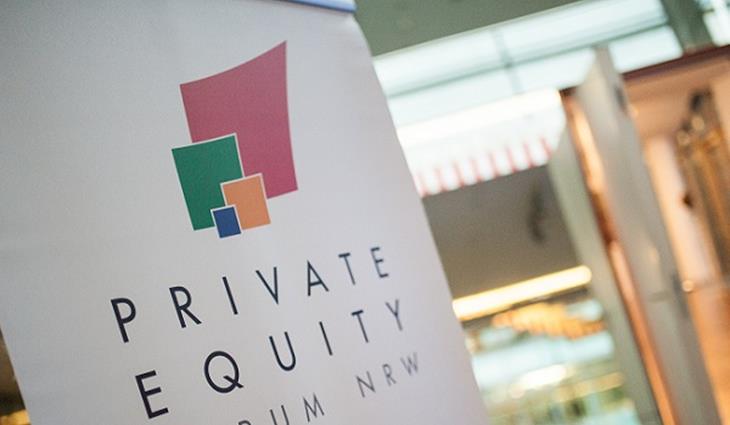- African Private Equity Fundraising hit $2.7bn in 2018
African private equity has remained robust with the total value of fundraising increasing to $2.7bn in 2018 from $2.4bn in 2017, indicating investors’ ongoing confidence in African PE, the African Private Equity and Venture Capital Association has said.
The AVCA, in its annual report released on Thursday, said the total value of African PE fundraising between 2013 and 2018 was $17.8bn and the median size of final closed funds over the same period was $123m.
The data showed that 1,022 reported deals worth a total of $25.7bn took place from 2013 to 2018.
While the value of PE deals dropped marginally in 2018 to $3.5bn from $3.9bn in 2017, the number of PE deals reached a six-year peak of 186 in 2018.
The Chair, AVCA Board and Co-Founder and Managing Director at Alitheia Capital, ‘Tokunboh Ishmael, said, “As the 2018 Annual African Private Equity Data Tracker shows, private equity activity on the continent has remained relatively stable in 2018.
“We have witnessed strong and sustained growth in the consumer-driven and technology-focused sectors and anticipate this trend to persist over the next few years.”
The Director and Head of Research at AVCA, Enitan Obasanjo-Adeleye, noted that African PE continued to present exciting developments, saying, “We are encouraged by the increase in fundraising in 2018 relative to the previous year.
“The data from the annual Data Tracker shows that investors remain bullish about Africa’s prospects and we are proud to continue educating and informing local and international investors about opportunities on the continent.”
In terms of sectors, Information Technology, consumer discretionary and consumer staples accounted for almost half of the total number of PE deals last year, reflecting the attractiveness of businesses that capitalise on Africa’s growing consumer market, the report said.
It said IT’s share of the deal volume had significantly grown in recent years, nearly doubling to 19 per cent in 2018 from only 10 per cent two years prior.
Communication services and utilities were the largest sectors by value in 2018.
The report said, “In total 273 exits were reported between 2013 and 2018. There was a slight decline in exit activity between 2017 and 2018, with the number of exits dropping from a high of 52 to 46, with this being attributed to uncertainty in South Africa, which saw its share of exit volume decline from an average of 42 per cent between 2013 and 2017 to 20 per cent in 2018.
“Exits to trade buyers accounted for the largest share of exits at 39 per cent in 2018, up from 25 per cent in 2017. Meanwhile, the growing trend of exits to PE & other financial buyers, which emerged in 2016, persisted in 2018, accounting for 37 per cent of exits.
“Over the 2013 to 2018 period, Southern Africa attracted the largest number of PE deals at 294, while West Africa had the largest share of deals by value at $10.8bn. Finally, North Africa had the largest median deal size at $8m, while East, West and Southern Africa each had a median deal size of $6m over the same period.”


 Forex3 weeks ago
Forex3 weeks ago


 Naira2 weeks ago
Naira2 weeks ago
 Billionaire Watch2 weeks ago
Billionaire Watch2 weeks ago




 Naira3 weeks ago
Naira3 weeks ago




 Naira2 weeks ago
Naira2 weeks ago




 Naira1 week ago
Naira1 week ago




 Naira4 weeks ago
Naira4 weeks ago




 Naira4 weeks ago
Naira4 weeks ago





















